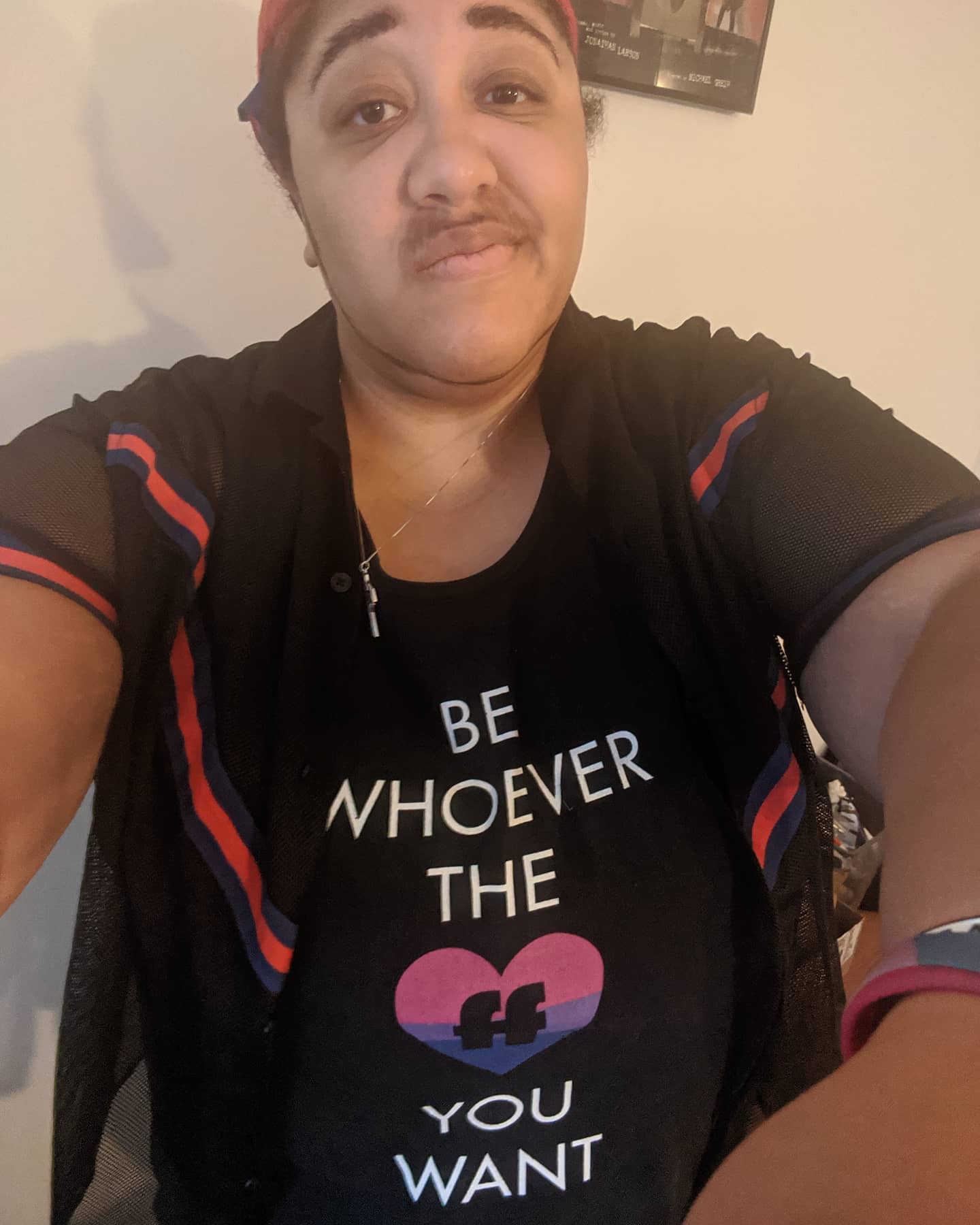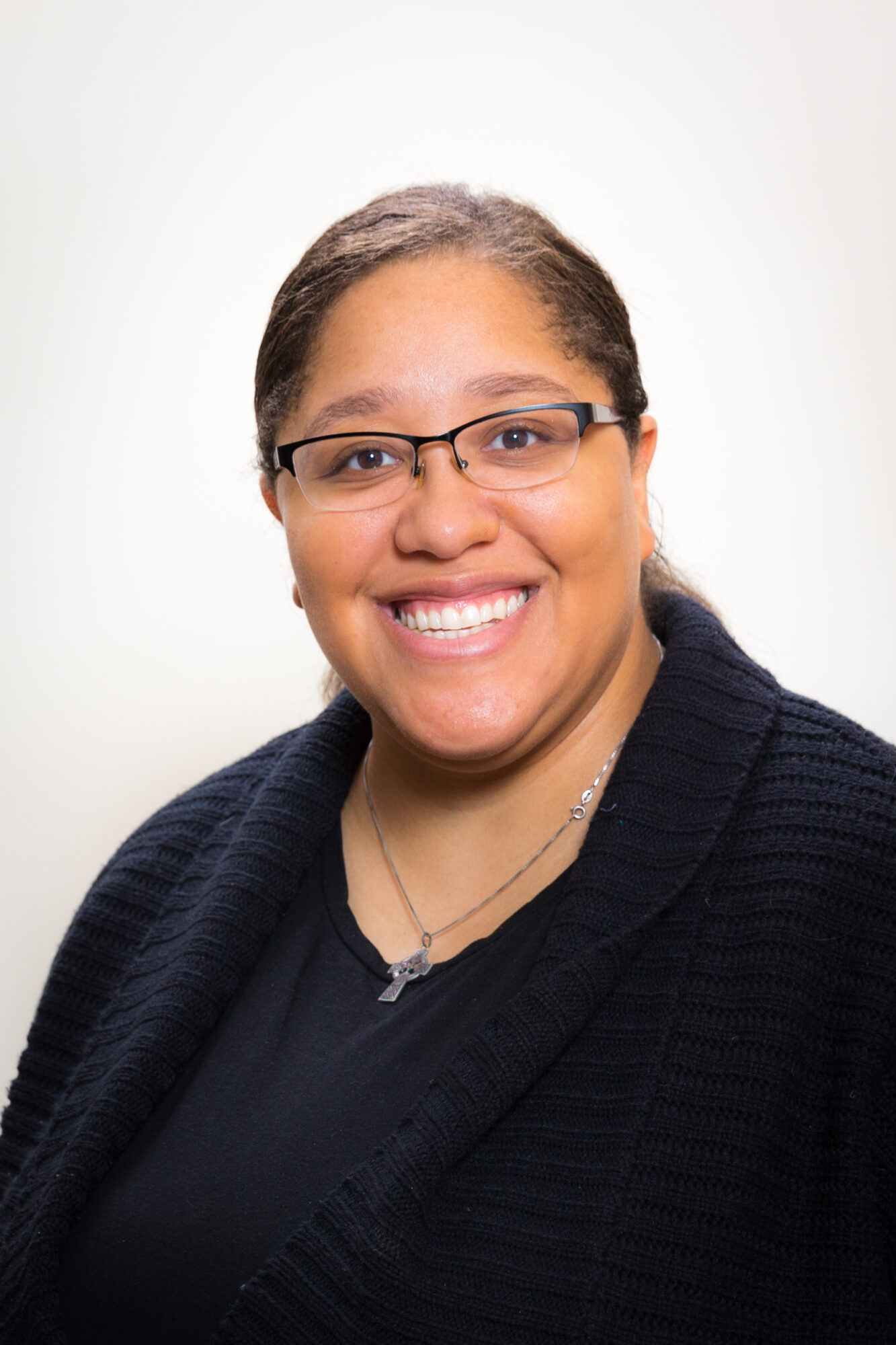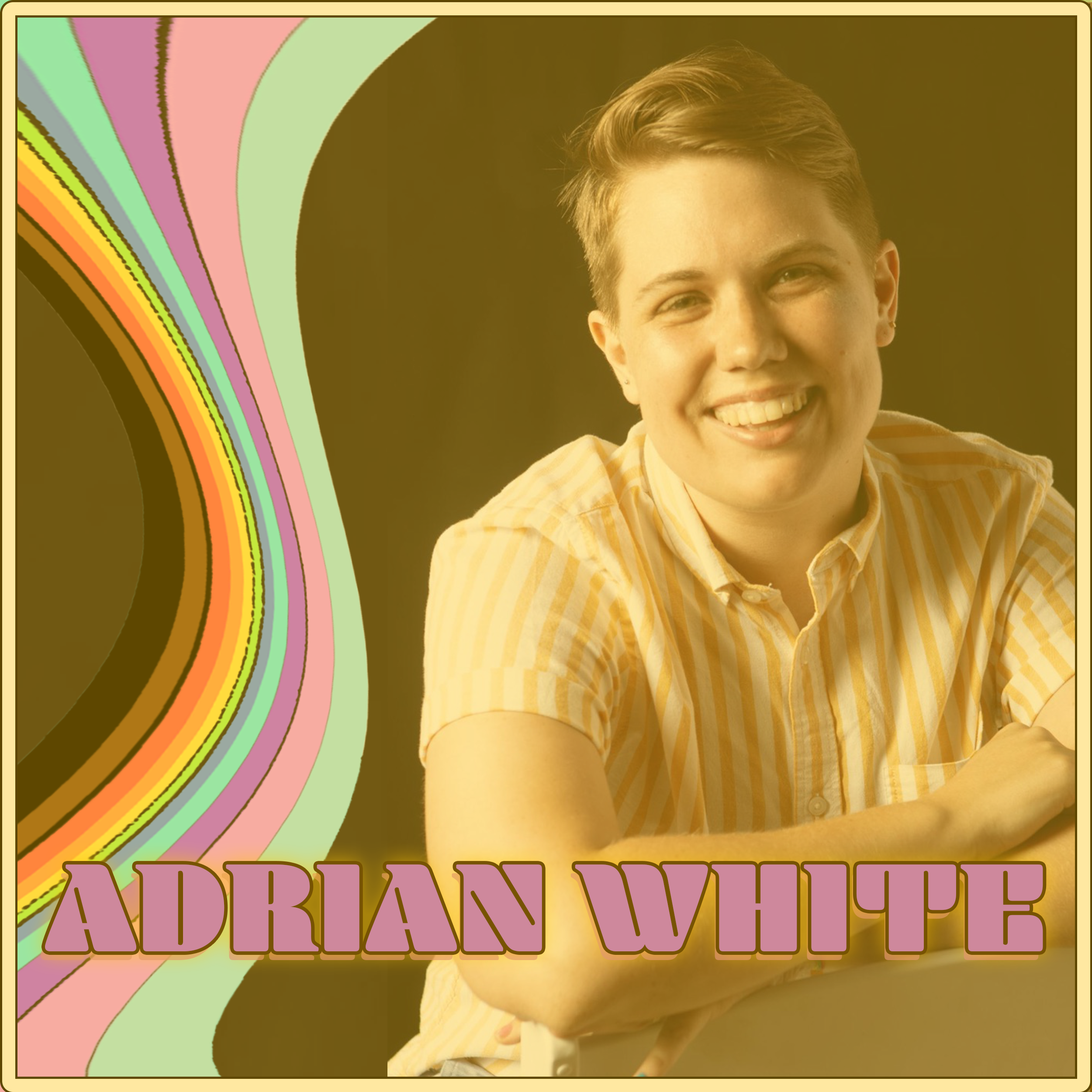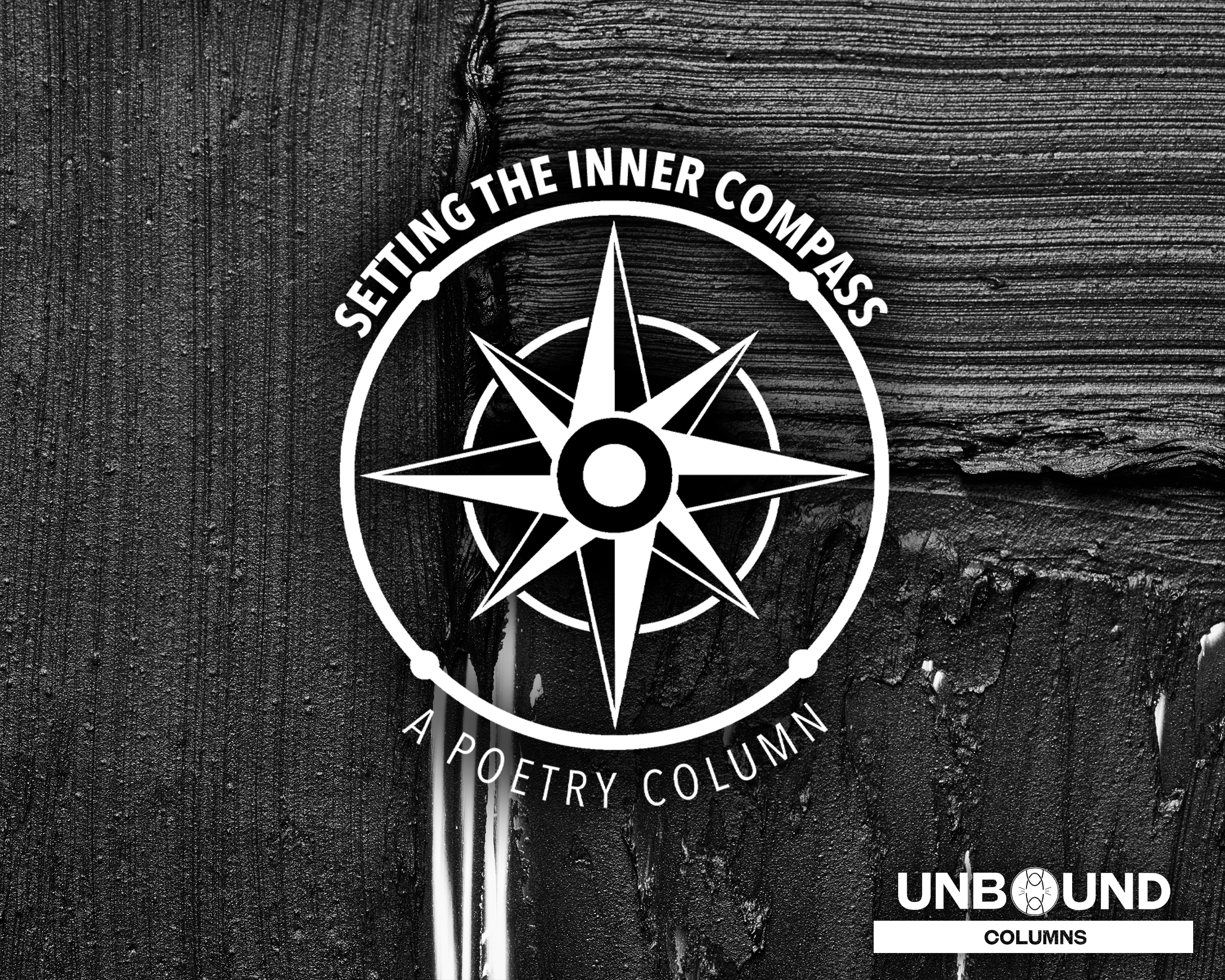When I was applying for seminary, I found myself trying to balance my time between working multiple jobs, going to grad school for Theatre Arts, spending time with my friends, and filling out my applications. I wasn’t particularly good at time management (a lot of folks in their early 20s aren’t), but I found a way to make sense of it all and still find a little time for sleep. What’s more, I found ways to be my most open, honest self in all that I did. My grad school classmates all knew I was a faithful Christian with a passion for working with children and youth. My church knew of my love for sound design and even let me work the sound board from time to time. My colleagues in my theater’s scene shop knew I was a proudly bisexual woman who went to karaoke at my local lesbian bar every week with friends. My friends all knew that, if not stopped, I could go on for hours about the importance of August Wilson’s Pittsburgh cycle or the most overrated musical theater composer (which I will not be admitting in print). I felt like I had multiple communities, multiple families of people who understood and accepted the various parts of me without question, and it felt good. In a world that more often than not made me feel like an outsider or less than for being a black bisexual woman, I knew where I stood with the people I cared about.
As I filled out one of my seminary applications in the middle of a slow day chaperoning youth group, however, that feeling slowly began to slip. My eyes focused on three particular words that filled me with a sense of unease: activities and hobbies. They wanted to know what I liked to do for fun. That made sense, right? They wanted to see if I was a well rounded person. I was a well rounded person. I AM a well rounded person. I could be honest. I should be honest. It’s seminary, it’s God school. It’s important to tell the truth. God knows the truth. Everyone else knows the truth. I shouldn’t hide the truth from a school I want to go to.
How do you tell the seminaries you want to go that you’re a drag king?
I started doing drag on a whim. A friend of mine was recruiting for his law school’s LGBTQ group’s drag show and he had decided to perform. He wanted more of his friends to participate and I didn’t hesitate to say yes. I had never done drag before. I had never even considered it. I’ve never been considered the most feminine person, but it had also never occurred to me to explore my gender expression beyond what my mother liked to call “tomboy” (a label I don’t particularly like for a number of reasons). I figured it could be fun. Plus my friend would owe me a favor. Seemed like a win-win to me. I had no idea how my life was about to change.
Drag let me make connections in ways I hadn’t been able to before. Yes, it started off with a bunch of random folks in a law school auditorium learning about lip synching, make up, and theatricality from a local drag legend, but it quickly became more than that. My first performance, using a persona based on the now problematic Kanye West, was an energetic, prop filled venture that led both to making new friends and to an invitation to compete in the Mr. Pittsburgh Pride drag king competition. While my new friends and I all vowed to enter, I was the only one who actually sent in my application. Nevertheless, friends old and new showed up to see me compete, and my roommate at the time even performed with me (she was not in drag). I didn’t win, but that didn’t really matter. My performance had brought together a variety of people from my life, people who otherwise would never have a reason to interact. My new law school drag friends got to meet my hometown friends that I had known since elementary and middle school. My grad school friends got to meet the queer friends I usually only saw at choir practice or at my local gay bar. Even a few of my church friends came out in support. A small family was created that night. Plus, I ended up getting invited to perform around the city by the king who DID win.
Performing around the city introduced me to new things about my community and myself. While I am a cisgender woman, the kings I performed with identified as cis, trans, and non-binary. Some performers saw drag as a creative way to play with and even critique gender expectations and norms, some saw it as a safe way to explore aspects of their own gender in a supportive space, some saw it as purely performative and fun. I met people within my local queer community I never would’ve before and thus became more aware of programs and resources that existed. As one of the few openly “churchy” people (a fact met with amusement more than anything), I bore witness to stories of the ways performers and audience alike had been harmed and healed in faith spaces. At church, I became the local “expert”, with middle school girls asking me for tips on how to tie ties or apply realistic facial hair (I don’t remember whether I actually told them I did drag, but they found out anyway). And, in my personal life, doing drag made me more honest and brave. Not being able to afford a car, I often had to borrow one from my parents, which meant having them see me totally done up as it was easier to get ready at home than in the crowded dressing rooms. Facing them in character, as my dragged up, unapologetically queer self, felt like one of the most honest things I’ve ever done.
So how could I not show that same honesty with the seminaries I was applying to?
I have no way of knowing how my honesty affected my chances of getting in. Of the four schools I applied to, I was accepted into two. Was drag the reason? Who knows. It certainly wasn’t the MAIN reason, positive or negative. What I do know is that this decision has been a positive force on my life, my faith, and my family. When I went to seminary, one of the first things I did was start a yearly Mardi Gras drag show and drag chapel. Through this, I brought together various groups on campus-from the Body Caucus to the Black Caucus to the Arts Caucus to the then Latin@ Caucus to of course the Queer Caucus. My literal family began when my wife proposed to me during one of these shows. And when we were all unable to be together during the pandemic, I practiced drag ministry through virtual performance as Chance the Dapper (aka the Drag Pastor). Because of drag, I have experienced love, experienced God, experienced the connection of family in every sense of the word.
All because I said “yes.”


Ashley DeTar Birt is the Program Coordinator for Beloved Arise and the Co-Director of the Center for Jubilee Practice. Ordained in the Presbyterian Church (USA), she has served as a Sunday School teacher, Youth Leader, Director of Christian Education, and Youth Pastor. Her work focuses on children and youth, social justice, artistic creativity, and technology. She currently lives in New York City with her wife who is also a pastor.



Unbound Social